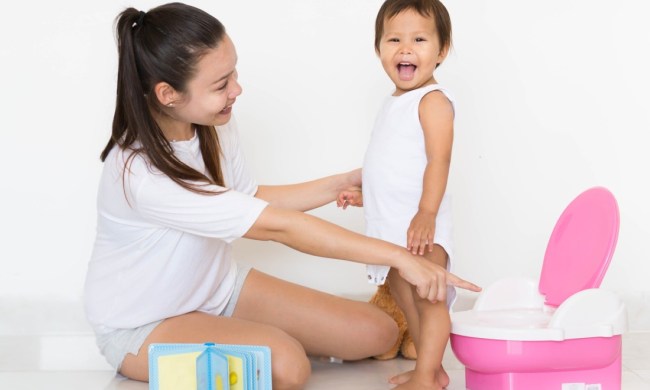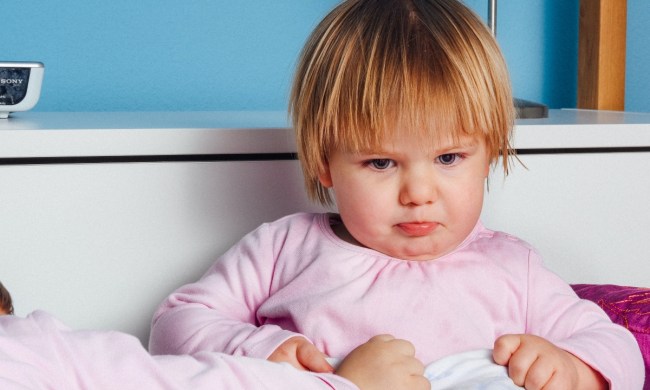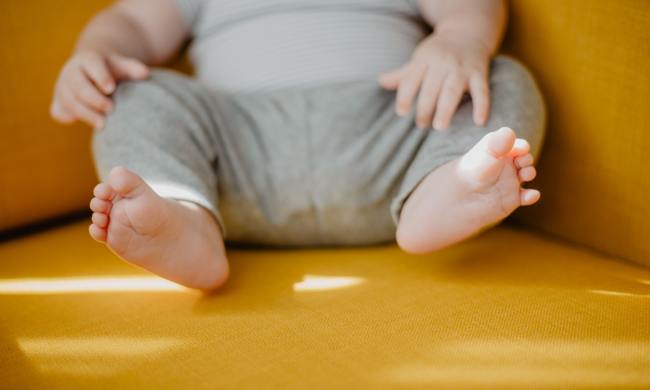Pull the plug on diapers and welcome your baby’s personal development with one of the handy options we have compiled for this list. It only includes the absolute best models that will help you transition them to using the toilet. You will be happy you won’t have to do another diaper change again.
Teaching your kids to use the toilet might be a very daunting experience for them. Modern bathroom appliances are not designed for their small bodies, and without help, they sink into the hole rather than seating. Cue the potty-training seat. This bathroom gadget adapts to your toilet and transforms it into a much more kid-friendly version. Some of them include built-in steps to help them reach the perfect height and to climb the throne on their own.
Jool Baby Products Potty Training Seat
Best overall

Make toilet training easier for young children with the Jool Baby Products Potty Training Seat. It works great for boys and girls, with a nonslip surface and splash guard to give them confidence when using the bathroom. It is especially designed to prevent urine from spilling out of the toilet and keep your bathroom clean.
SKYROKU Potty Training Seat with Step Stool Ladder
Best potty training seat with a ladder

With the SKYROKU Potty Training Seat, your child will step onto the toilet with confidence and ease. It promotes simple access to the toilet with an adjustable ladder, soft cushion, and foldable design. Its sturdy build can hold up to 75 pounds and prevents splashing urine to keep your bathroom clean.
Jool Baby Products Folding Travel Potty Seat
Best portable potty training seat

Bathroom visits away from home can be challenging while potty training. With the Jool Baby Products Folding Travel Potty Seat, your child can easily use the toilet anytime, anywhere. This award-winning product fits most standard and public toilets securely, for increased consistency and convenience. It is lightweight, easy to store and features eight suction cups to make potty training easier on you.
Potty-training seats have a lot of benefits. They help your child achieve a milestone in their development, lessen the cleaning around the house and saves you money otherwise spent on diapers. According to the American Pediatrics Association, kids are ready to start their transition around 18 months of age. Be ready for that moment with the useful suggestions we have presented for you.



